The Plot
A disbarred lawyer attempts to become an estate trustee. What could go wrong?
The Players
- Robert Emanuel James: The deceased, leaving behind a complicated family situation.
- William John Bishop: Former lawyer, disbarred in 2013, seeking to be the estate trustee.
- Justice Graeme Mew: The judge who intervened.
The Twist
Bishop, disbarred for fraudulent activities, applied to manage James’ estate. Despite the beneficiaries’ support, the court remained skeptical.
The Court's Verdict
- Application denied. The judge prioritized public trust over the beneficiaries’ preferences.
- The Court of Appeal supported the judge’s decision.
Why It Matters
- Courts can refuse trustee appointments, even with beneficiaries’ agreement.
- Past professional misconduct can have lasting repercussions.
- Judges have a duty to protect the integrity of the justice system.
The Takeaway
Choose your estate trustee wisely – their past actions may have significant implications.
Legal Nitty-Gritty
- Estates Act: Empowers courts to appoint (or not appoint) estate trustees.
- Neuberger v York, 2016 ONCA 191: Confirms courts’ inherent jurisdiction in estate matters.
- R. v Teskey, 2007 SCC 25: Sets standards for judicial impartiality.
For clients seeking an in-depth understanding of estate cases, our detailed summaries offer a comprehensive examination of the court’s decision-making process concerning the appointment of estate trustees, particularly in cases of intestacy (absence of a will). These summaries cover the roles of key parties, specific procedural requirements, and the court’s rationale in its rulings. They emphasize the necessity of adhering to established legal protocols to ensure proper estate administration. Click the PDF below for a comprehensive overview.






